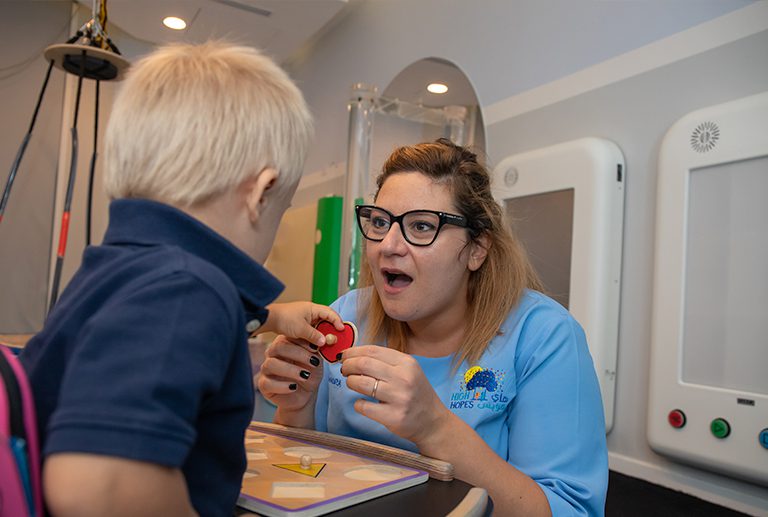
Occupational therapy (OT) plays a vital role in improving daily life for individuals of all ages and abilities by addressing challenges that may impact their ability to participate in meaningful activities. Whether recovering from an injury, managing a chronic condition, or seeking support for developmental or cognitive challenges, occupational therapy in Dubai offers personalized interventions and strategies to improve independence, functionality, and overall well-being.
Improved independence in activities of daily living (ADLs):
Occupational therapists help individuals develop and improve skills necessary for performing everyday activities such as bathing, dressing, grooming, toileting, and feeding. By addressing physical, cognitive, and sensory challenges, occupational therapy allows individuals to regain independence and confidence in self-care tasks, promoting autonomy and dignity.
Improved motor skills and coordination:
Occupational therapy targets the development of fine and gross motor skills essential for performing tasks like writing, using utensils, tying shoelaces, and steering the environment. Through therapeutic activities and exercises, occupational therapists help individuals improve hand-eye coordination, balance, strength, and range of motion, facilitating greater ease and efficiency in daily activities.
Improved cognitive function:
Occupational therapy interventions promote cognitive function by targeting skills such as attention, memory, problem-solving, and executive function. By engaging in cognitive rehabilitation activities, memory exercises, and cognitive-behavioral interventions, individuals can improve cognitive abilities and overcome barriers to daily functioning, improving productivity and independence.
Assistive technology and adaptive equipment:
Occupational therapists assess individuals’ functional needs and recommend assistive technology devices and adaptive equipment to support independence and accessibility. Examples include mobility aids, adaptive utensils, ergonomic tools, communication devices, and environmental modifications that improve safety, efficiency, and comfort in daily activities.
Sensory integration and regulation:
Occupational therapy addresses sensory processing difficulties and sensory sensitivities that may affect daily functioning. Through sensory integration therapy, sensory-based activities, and environmental modifications, occupational therapists help individuals regulate sensory responses, improve sensory processing skills, and participate more comfortably in daily activities.
Pain management and rehabilitation:
Occupational therapy plays a key role in pain management and rehabilitation following injuries, surgeries, or chronic conditions. Occupational therapists provide therapeutic exercises, manual techniques, modalities, and ergonomic interventions to reduce pain, improve mobility, and facilitate recovery, enabling individuals to resume meaningful activities and roles in daily life.

